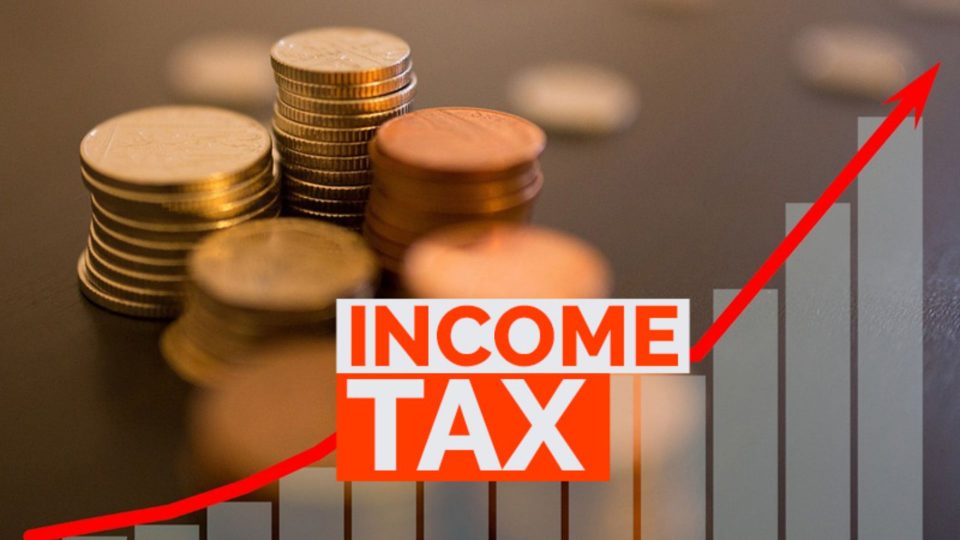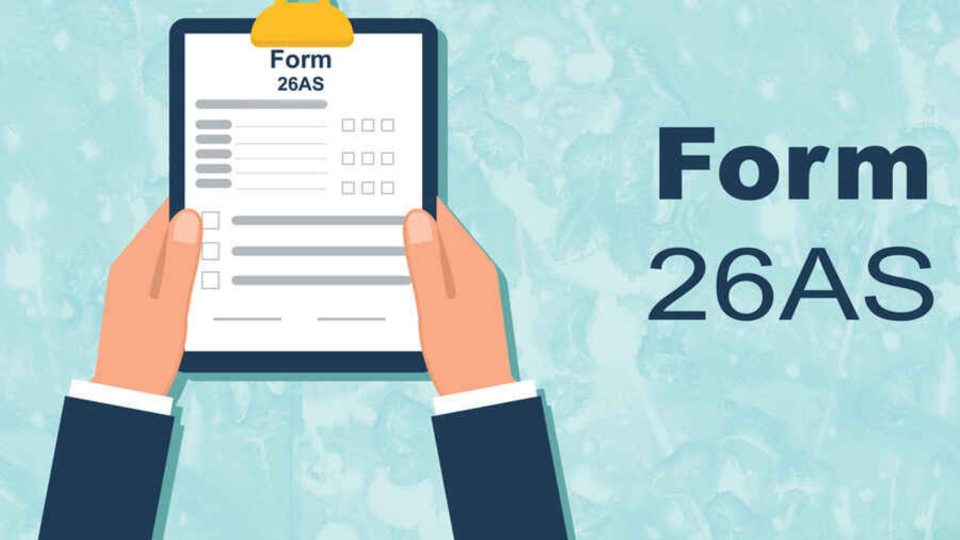ITR or Income Tax Return is mandatory to file by an individual whose taxable income exceeds ₹5 lacks in a financial year and whose accounts are not liable for auditing. To file the ITR, a business or an individual is required to select the right ITR form. All the ITR forms and their determined specifics are released under Income Tax Act 1961. Choosing the wrong ITR form can lead to receiving a legal to file a revised ITR from the Income Tax Department. So, we will give you in-depth knowledge about all ITR forms and how to choose one for yourself.

What is ITR?
An income Tax Return is a form through which an individual or business firm discloses all about their income, assets, losses, investments, and tax liability for a financial year to the Income Tax Department. This process is called ITR Filing and it enables the IT Department to determine the right type and accurate amount of tax to be collected.
To complete this process first the taxpayer is required to determine and choose the right form. The IT Department has notified seven types of forms: ITR-1, ITR-2, ITR-3, ITR-4, ITR-5, ITR-6 & ITR-7 for the taxpayers to choose from. Remember that ITR filing should be done before the due date.
Why Should You File ITR?
Below are the conditions under which you will be mandated to file an ITR if any one of them is applicable to you:
- Gross income exceeds the basic exemption limit, which is ₹5 lakh in a financial year.
- To claim an income tax refund from the department.
- If you want a VISA or a loan.
- A company or firm is liable to file ITR irrespective of profit or loss.
- If you have owned or have earned from foreign assets during a financial year.
Types of ITR Forms 2023 and Which One to Choose?
ITR-1/Sahaj
This ITR form is for the individual residents whose income for the relevant assessment year, which is AY 2023-24, includes, comes from salary or pension, house property, and other various sources, and up to 5,000 from Agriculture.
ITR-2
ITR-2 is to be filed by the individuals or HUFs under certain conditions:
- When income comes from salary or pension, house property, and other sources.
- When you are an individual director of a company.
- If you have or had invested in unlisted equity shares at any time of the financial year.
- When you are a RONR or resident not ordinarily resident and non-resident.
- If you have earned from capital gains.
- Owning any foreign company.
- Having agricultural income exceeding ₹5,000.
- When you own assets outside India.
- “If you have any brought forward loss or loss needs to be carried forward under any income head.”
ITR-3
The present ITR-3 form is to be filed by the individual or HUFs having income generated through a proprietary business or by carrying on a profession.
A person becomes eligible to file ITR-3 when income comes from the following sources:
- Business or carrying a profession.
- Being the only director of a company.
- By investing in any unlisted equity shares during a financial year.
- Income from house property, salary or pension and from other sources.
- Income by being a partner in any firm.
In simple terms, the individuals or HUFs who are not liable to file ITR-1, ITR-2, and ITR-4 are suggested to file ITR-3.
ITR-4/Sugam
The present ITR-4 or Sugam is to be filed by individuals, HUFs and partnered firms other than LLPs when the income comes from these sources:
- Income from business under section 44AD or 44AE
- Income from profession under section 44ADA
- Pension or income from salary up to ₹50 lakh
- Income earned from a house property not more than ₹50 lakh
- Income from other sources up to ₹50 lacks.
ITR-5
Form ITR-5 is for “LLPs (Limited Liability Partnership), AOPs (Association of Persons), BOIs (Body of Individuals), Artificial Juridical Person (AJP), Estate of deceased, Estate of insolvent, Business trust and investment fund.”
ITR-6
“For Companies other than companies claiming exemption under section 11 (Income from property held for charitable or religious purposes), this return has to be filed electronically only,” mentioned Cleartax.in.
Also read:
RBI Released New Guidelines to Banks, Now Customers Will Get This Facility
ITR-7
“For persons including companies required to furnish returns under section 139(4A) or section 139(4B) or section 139(4C) or section 139(4D) or section 139(4E) or section 139(4F).”




